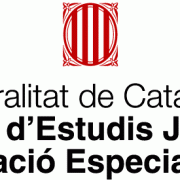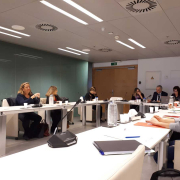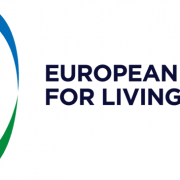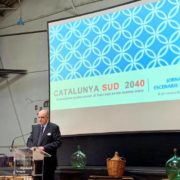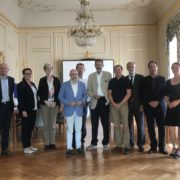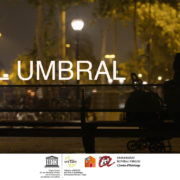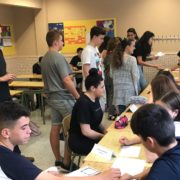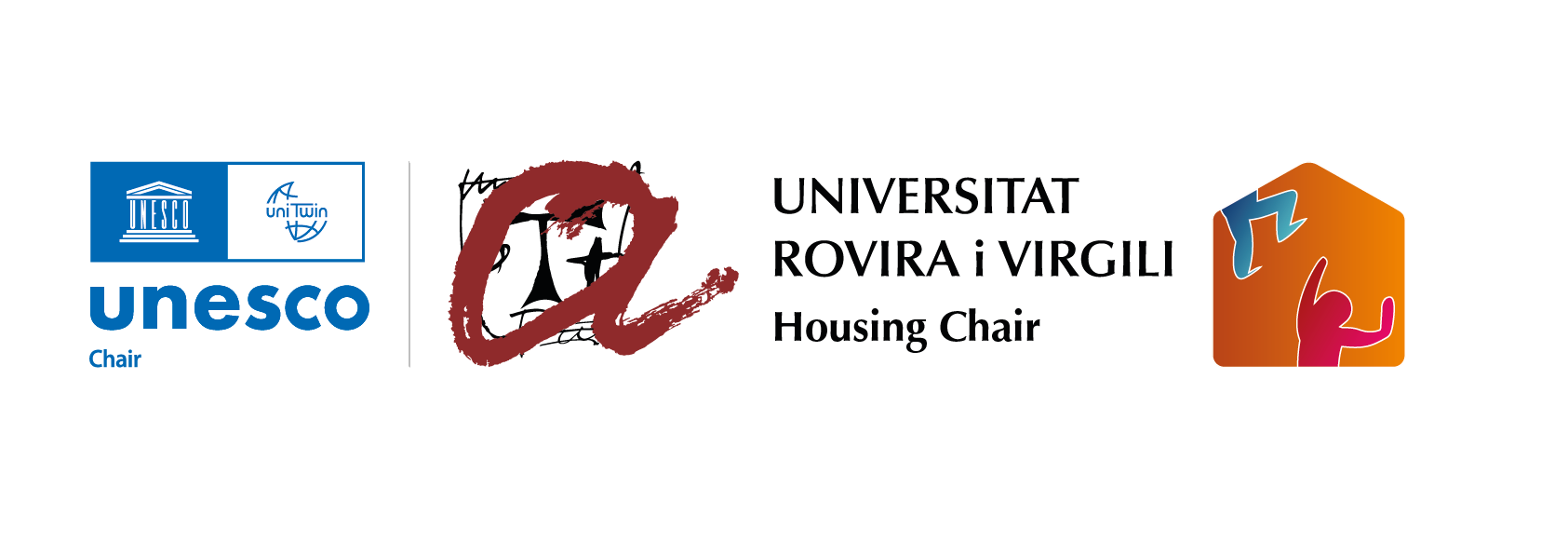Project “Collaborative housing”
At first, the collaborative economy had been associated only with positive values. Thus, it allows access to goods and services to consumers with lower purchasing power (for example, to travel or move) (Ranchordás, 2015) and even allows them to invest in goods that were traditionally forbidden through crowdfunding. It has even been predicated on the collaborative economy that is beneficial for the environment (eg sharing a transport vehicle) (Pickell, 2015).
However, it is not so clear that the collaborative economy brings only advantages. Although in the first place the most affected “traditional” businesses (against the taxi and hotel sectors) rose up against it, today it is already evident that the collaborative economy often replaces some companies with others (it is, in short, a business for online companies), which involves eliminating jobs in exchange for hiring inexperienced and precarious subjects (eg, Über drivers already request labor rights, see the “Fightfor $ 15” movement) and is causing abuses with consumers (Molist , 2017).
Well, if we focus on housing as an object of the collaborative economy, it must be remembered that this is the only good that is, at the same time, a human right and a powerful financial asset (Nasarre-Aznar, 2017), which makes it especially complex its study and its normative framework. Think, also, that the housing is at the origin of the crisis of 2007 (and, therefore, that it has been one of the triggers of the collaborative economy, as mentioned) and has been one of the most damaged by its consequences in the form of evictions in many European countries.
Thus, on the one hand, the collaborative phenomenon presents important opportunities to reduce intermediation costs in the sale and mortgage of real estate and is also related to recent phenomena that aim to unite people, such as co-housing or shared ownership (Nasarre-Aznar dir ., 2017); but it is not free of risks and that they deserve an adequate legal treatment.
Therefore, it is essential to determine if the collaborative phenomenon is helping or is harming people’s access to housing. We start with the following two hypotheses:
a) That, on the one hand, there are some types of “collaborative housing” that are apparently facilitating access to housing for families. They can be mechanisms such as intermediate holdings (see Simón et al., 2017), cooperatives or cohousing. At the same time, the so-called “collaborative economy 2.0” or disintermediated seems to be contributing to reduce the time and transaction costs with real estate. For example, countries like Sweden, Canada, China or Ecuador are already starting to use it.
b) On the other hand, however, other types of “collaborative housing”, such as tourism, are contributing to increase rents in key cities such as Barcelona, Berlin or Palma de Mallorca, while negatively affecting the progressive gentrification of cities and negatively affecting coexistence in communities of owners and neighborhoods (Lambea, 2016). At the same time, crowdfunding applied to real estate does not seem to be helping to develop affordable housing (Kim and Hann, 2017), and may even be contributing to speculation (Pierce-Wright, 2016) with a human right.
The ultimate objective of this project is the analysis of the legal framework and implications derived from the so-called “collaborative housing”, that is to say in what way the legal framework of the various “collaborative phenomena” influences in favoring or ballasting access to the housing and how it should be reformulated to favor or mitigate these effects, respectively.
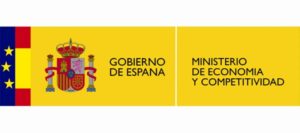 Co-ordinated research project “Vivienda colaborativa” (DER2017-84726-C3-1-P) of the Ministerio de Economía y Competitividad. Project R+D Spanish program for excellent scientific and technical research.
Co-ordinated research project “Vivienda colaborativa” (DER2017-84726-C3-1-P) of the Ministerio de Economía y Competitividad. Project R+D Spanish program for excellent scientific and technical research.
Resources
Sergio Nasarre-Aznar, “Collaborative housing and blockchain”, Administration, vol. 66, no. 2 (2018), pp. 59–82.
Sergio Nasarre-Aznar, “Ownership at the stake (once again): housing, digital contents, animals and robots”, Property, Planning and Environmental Law (JPPEL), Vol. 10 Issue: 1, 2018, pp. 69-86.


